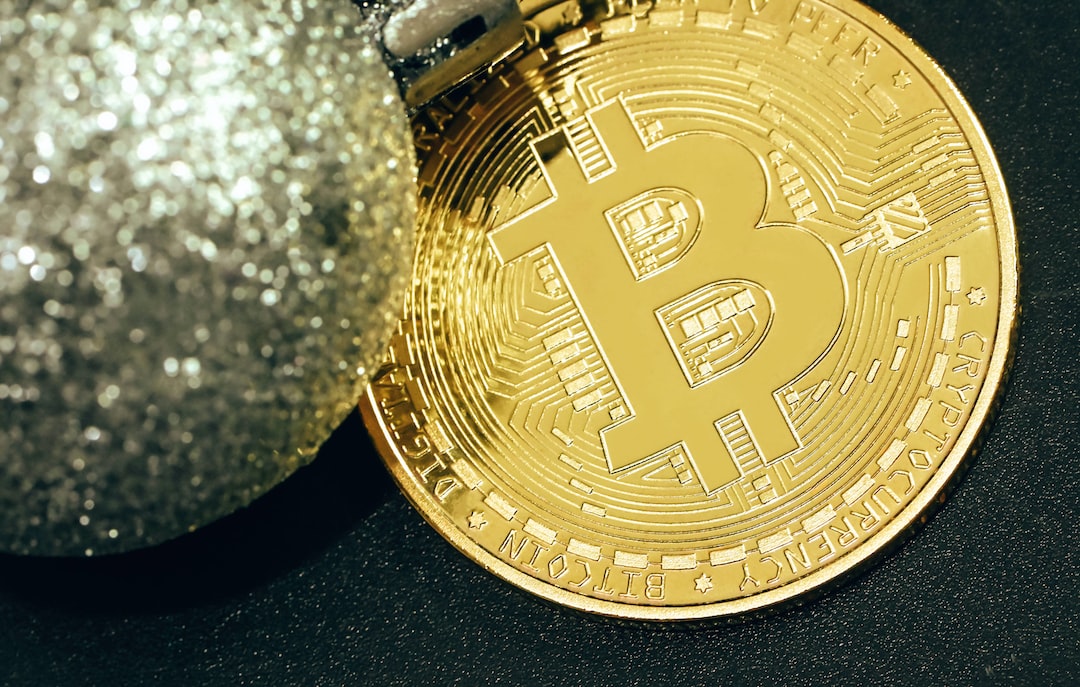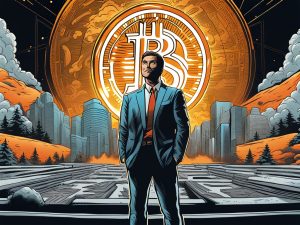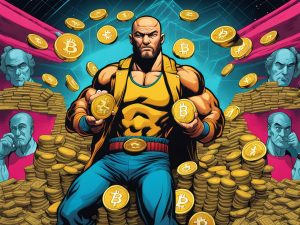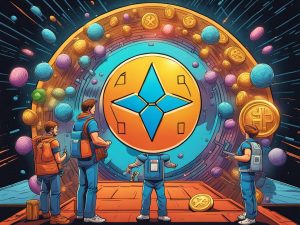Judge Rules That Terraform Labs Sold Unregistered Securities
In a recent summary judgment ruling, Judge Jed Rakoff of the U.S. Court for the Southern District of New York has determined that Do Kwon and Terraform Labs sold four crypto tokens that qualify as unregistered securities: TerraUSD (UST), LUNA, wLUNA, and Mirror Protocol (MIR).
UST Qualifies as a Security
Rakoff explained that UST, which was intended to be pegged to a price of $1 without generating returns for holders, still qualifies as a security due to its combination with Anchor Protocol. The system offered nearly 20% returns to UST holders who staked their coins, and a significant portion of UST tokens were deposited in Anchor by May 2022.
Mirror Protocol “mAssets” Not Considered Security-Based Swaps
However, Rakoff ruled in favor of the defendants on one charge, stating that Terra’s Mirror Protocol “mAssets,” which mirrored real-world assets for trading, did not constitute security-based swaps.
Evidence of Chai Misrepresentation
Judge Rakoff also presented evidence brought by the SEC regarding the Chai payments platform. It was revealed that Chai never ran on the Terra blockchain as claimed by Kwon. Instead, payments were settled using traditional methods and then recorded on the Terra blockchain by a server controlled by Kwon.
Disputes and Credibility Issues
While the evidence against Terraform Labs appears strong, Judge Rakoff acknowledged that there are genuine disputes of material fact that prevent summary judgment on the fraud claims. Some of the SEC’s evidence comes from whistleblowers whose credibility may be questioned. One whistleblower even attempted to extort Kwon and Terra co-founder Daniel Shin after being fired from Chai.
Hot Take: Terraform Labs’ Legal Battle Raises Questions About Token Classification
In a recent ruling, Judge Jed Rakoff determined that four crypto tokens sold by Terraform Labs qualify as unregistered securities. This decision raises questions about the classification of tokens within the crypto industry. While some tokens like UST were deemed securities due to their combination with a system that offered returns, others like Mirror Protocol’s “mAssets” were not considered security-based swaps. The case also highlighted issues of misrepresentation, with evidence suggesting that the Chai payments platform did not run on the Terra blockchain as claimed. Overall, this legal battle serves as a reminder of the regulatory challenges faced by crypto projects and the importance of ensuring compliance with securities laws.





 By
By

 By
By
 By
By
 By
By
 By
By